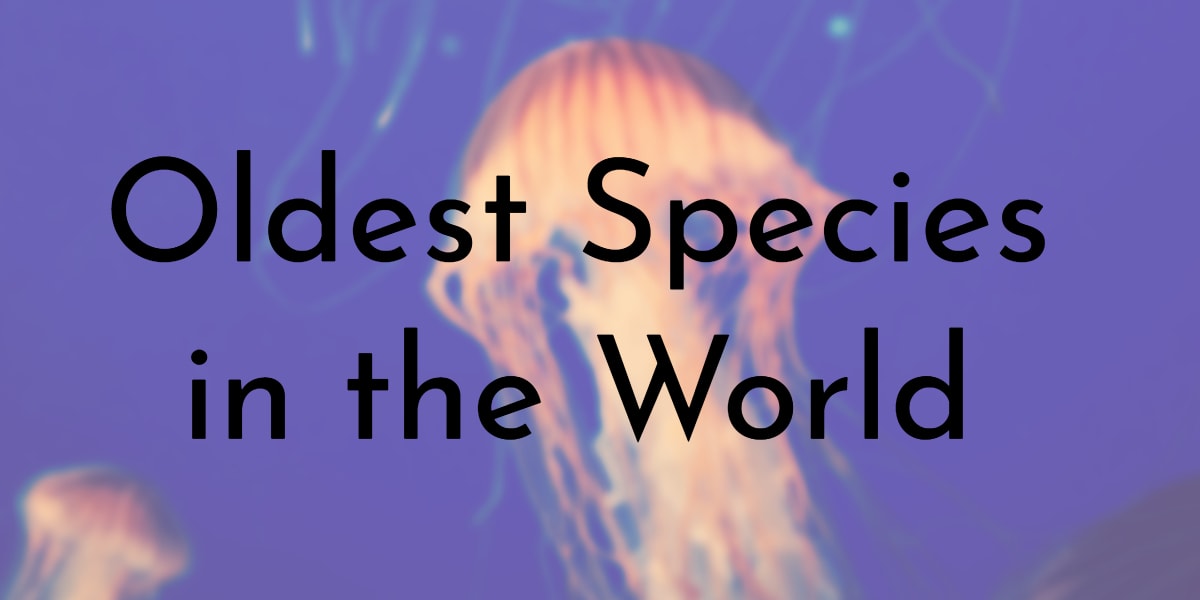We can't talk to microbes.
Well, we can.
They just do a really poor job of holding up their end of the conversation.
We can't talk to microbes.
While true, it's also not really the point -- intelligent life is more interesting than successful life. We can't talk to microbes.
Well I tend to look at the Fermi Paradox from the angle of Great Filters that might be ahead of us. If intelligence is just really freaking rare that's good. If every intelligence lifeform tends to blow up their planet the first time they try to crack FTL, well, that's bad for us.
Trees are both interesting and (arguably) a much more successful group of species than humans areWhile true, it's also not really the point -- intelligent life is more interesting than successful life. We can't talk to microbes.
Trees are both interesting and (arguably) a much more successful group of species than humans are

 www.oldest.org
www.oldest.org
The most successful creatures on this planet, ie. the species most unchanged over millennia, are unintelligent by our standards.
While true, it's also not really the point -- intelligent life is more interesting than successful life. We can't talk to microbes.
Interesting to me!And that's a narrow definition of "interesting"....
That's a very particular and narrow definition of "success", and there are flaws with it - they become apparent when you ask the question: Which was more successful - Neanderthals, or modern humans?
Neanderthals came on the scene between 315,000 and 800,000 years ago. Some authors claim "modern humans" are whatever didn't become Neanderthals. Others claim that the modern human lineage arose between 350,000 and 260,000 years ago. With that kind of ambiguity, you cannot make a clear argument as to which creature has/had been around longer with least changes. And, the modern human line isn't done yet. It may last a million more years, it may not last out the century.
The whole concept of measuring evolutionary success is a human construct largely based out our need to rank things, and is based on our subjective ideas as to what "success" even means.
